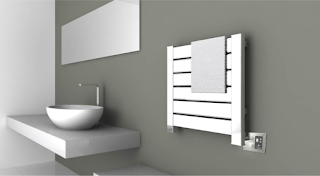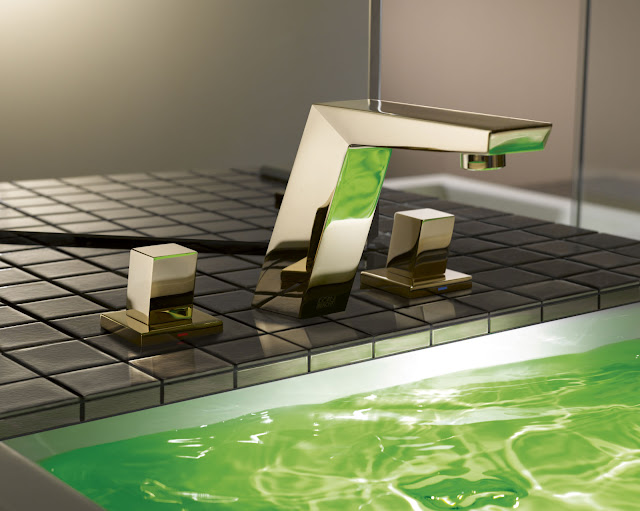Towel Warmers: The Multi-Purpose Heaters That You Need
Towel Warmers: The Multi-Purpose Heaters That You Need
Ever have the feeling that your laundry pile is growing at an exponential rate with mildew-ridden towels? Ever walk out of the shower and get hit with the freezing cold air of the bathroom? Ever wished that your towel was preheated for you so that the transition from shower-to-bathroom was less abrupt?
All of these problem can be erased with just one product: the towel warmer.
History of the Towel Warmer
The origin of the towel warmer is found in the invention of the “radiator,” which is said to have been invented in St. Petersburg, Russia in about 1855.
The radiator forms part of a central heating system whereby a boiler heats water, which is pumped through a series of pipes in a building or home in order to heat the room. A radiator would be placed in a room in order to concentrate more heat in that room.
As bathrooms were heated in this way, towels or articles of clothing were placed on the radiator to dry—hence, the advent of the towel warmer. The 1920s saw the birth of the cast iron, water heated towel warmer, commonly referred to as a “bath radiator.”
Towel Warmers are also referred to as heated towel rails, heated towel bars, and in Britain, as drying racks.
The Purpose of a Towel Warmer
Towel warmers have a variety of uses and applications.
They are used to heat towels or bathrobes so the user has a warm towel and/or bathrobe when drying off after a shower or leaving the pool, beach, or spa. After a towel is used, the towel warmer will dry it out, reducing laundry loads and water consumption, as the towels won’t need to be washed as frequently. It will help prevent the towels from giving off that musty/moldy smell that can be produced when not dried properly. A towel warmer is a simple, cost-effective way to upgrade a bathroom by adding both aesthetic appeal and function.
Functions and Benefits
• Helps bathrooms stay warm in the winter
• Helps bathrooms stay mold and mildew free
• Some models heat in as little as 15 minutes
• Some models function as space heaters
• Multiple sizes are available to fit all needs and applications
• Installs easily—wired the same as a light or wall sconce
• Units can be UL or ETL approved for safety in Canada and the USA, and CSA approved
• Units can be controlled by a switch, or 24hr/7day programmable timer
• Units consume minimal power—as little as one to several light bulbs
• Electric or hydronic versions are available
• Units can be custom designed
Multiple Applications
Towel warmers are best suited for indoor applications, but that does not mean they must be limited to the bathroom. Towel warmers can be used in almost any type of application because some models can double as space heaters. Besides the bathroom, they can be used in mudrooms, saunas, spas, kitchens, basements, garages, workshops, on boats, or in any room that may need additional heat. In some cases, they may also act as the sole source of heat in a room—for example, in a finished basement where dropping the ceiling to add central heating/air is not possible or too costly.
They can also be used to dry women’s delicates that cannot be dried in a tumble dryer, to warm blankets, and to dry wet boots, shoes, or winter clothing by hanging them on robe hooks.
The majority of towel warmers are installed indoors away from exposure to outdoor elements. The concern with outdoor applications is the exposure to the elements, notably heavy rain, snow, or ice. If a substantial amount of water gets behind the face plate and into the electrical wiring, it can cause a unit to fail. If a unit is properly installed in a covered location, it could be protected and not face any problems, but there is always a risk. If the unit is wired in a covered pool area, it is recommended to use outdoor weather-proof wire connectors and seal the face plate with silicone and/or the use of a single-gang box gasket. If the installation is within close proximity to the beach, or salty water/air, protecting the towel warmer from these conditions is highly recommended.
Always consult with the manufacturer, as the use of a towel warmer outside might void the warranty and raise potential safety issues.






Comments
Post a Comment